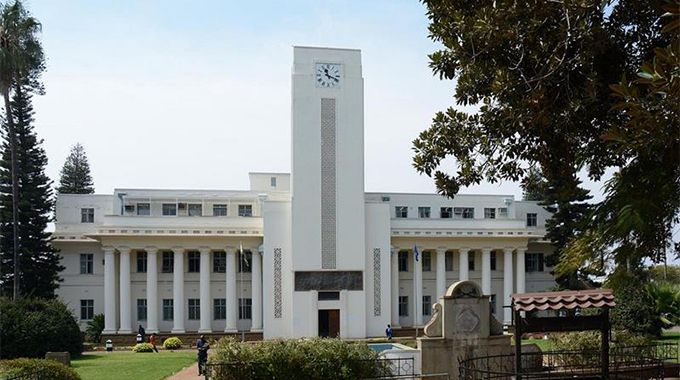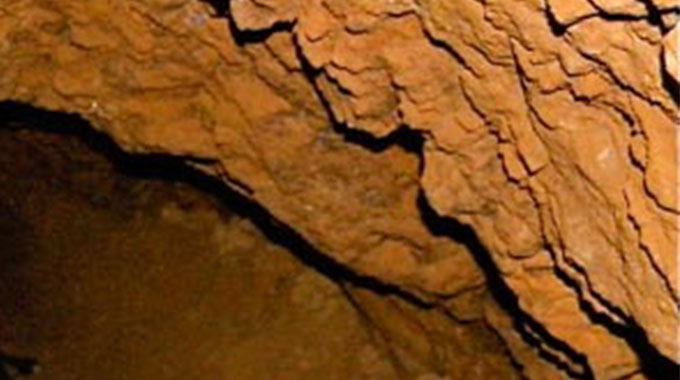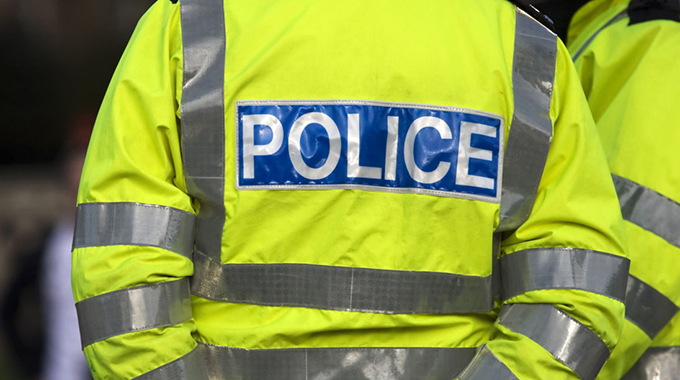‘BCC has no powers to change street names’

Vusumuzi Dube, Senior Municipal Reporter
THE Bulawayo City Council (BCC) has no powers to change street and buildings names but can only submit proposals to Cabinet that has a final say on any name changes, a senior official has said.
On Wednesday, councillors passed a resolution to rename some of the city’s major roads and buildings in a move they said was meant to preserve the pre-colonial, colonial and post-colonial history and heritage of the city.
However, this came after Government had announced a number of street name changes in the city.
In an interview last night, the Deputy Minister of Local Government and Public Works, Cde Marian Chombo, said Ministry officials had already contacted the city’s Town Clerk, Mr Christopher Dube, to get to the bottom of the matter. “The town clerk of Bulawayo City Council was contacted by the chief director in my ministry in connection with the name change issue after it appeared in The Chronicle. The Urban Councils Act gives council power to give names to new roads and numbers to houses but only Cabinet has the powers to make name alterations of roads.
“If council builds a new road, they can give it a name but they can’t change the name of an existing one as they don’t have the powers. Local authorities should submit their proposals for name changes to Cabinet for consideration. They have no power whatsoever to effect the name changes without Cabinet approval. If Cabinet gazettes the name changes then that’s final,” said Deputy Minister Chombo.
She said they were now waiting for the local authority to submit their proposals that will then be transmitted to Cabinet.
However, the city’s Mayor, Councillor Solomon Mguni, defended the move by the councillors, saying they were only carrying out their constitutional mandate and there were no legal loopholes in their move.
“The Constitution of Zimbabwe and the Urban Councils Act clearly state the duties and responsibilities of a councillor. We simply took guidance from these two documents and I can assure you that what we did is legally above board.
“Further we did not make this move as a means of opposing the Government. If you look at our list, we included all the people that were honoured by the government. maybe where we differed were the streets allocated but we indeed used the names that government had mentioned as a guiding principle,” said Clr Mguni.
The Mayor also clarified the renaming of Leopold Takawira Avenue, saying part of the street retains the name.
“For Leopold Takawira it is just the section from Samuel Parirenyatwa Street to Umguza River Bridge along Gwanda Road (renamed King Mzilikazi Rd), it is not the entire road, the other section before Samuel Parirenyatwa remains as Leopold Takawira Avenue,” he said.
Commenting on whether the move to rename a heritage site — Stanley Square — to Liberation Legacy Square, followed the necessary procedures considering that the place now fell under the National Museum and Monuments of Zimbabwe (NMMZ) which manages all heritage sites, NMMZ executive director, Dr Godfrey Mahachi, said he was consulting on the legal provisions of the move.
“You will have to contact me tomorrow (today) as I will have the full picture of the whole issue and I can give you a detailed comment,” said Dr Mahachi.
Bulawayo Progressive Residents’ Association coordinator, Mr Emmanuel Ndlovu, said while the move by councillors was bold and commendable there was a need for councillors to consult more on the matter.
“Yes, it is a good move but what councillors have to realise is that they do not operate in a vacuum. They should have consulted their key stakeholders, who are the residents. As it is there is a need for clarity on what now happens since there was already a Cabinet directive on the same issue, residents have to be put in the loop on what the issues are.
“Further, I feel council should also channel some of their funds in building new infrastructure like roads which they will give these honorary names because we risk a situation where with every generation there will be name changes,” said Mr Ndlovu.
In tabling the initial motion for name changes, ward 17 councillor, Sikhululekile Moyo, said in terms of the Urban Councils Act, councillors have the powers to name, re-name, alter or change names of streets and buildings.
“Section 274 as read with Section 276 of the Constitution constitutes, establishes and confers authority on Urban Local Authorities to represent and manage the affairs of people in urban areas throughout Zimbabwe. “A Local authority has the right to govern, on its own initiative, the local affairs of people within the area for which it has been established, and has all the powers necessary to do so. It is also desirable to preserve the pre-colonial, colonial and post-colonial history and heritage of the local people of Bulawayo and promote national cohesion, healing, peace and tranquility in a devolved unitary state,” reads part of the motion.











Comments